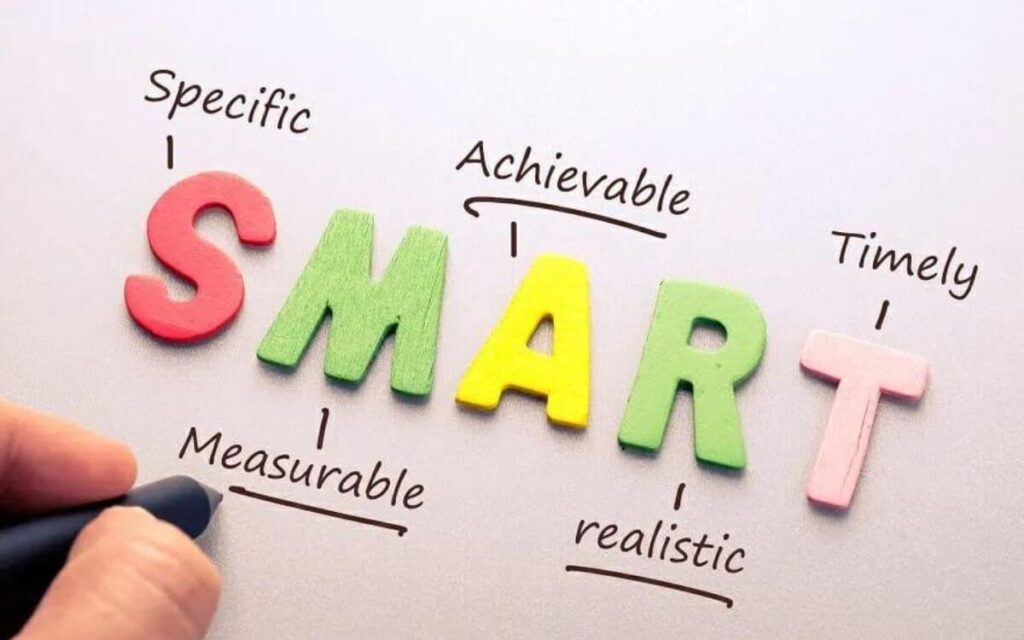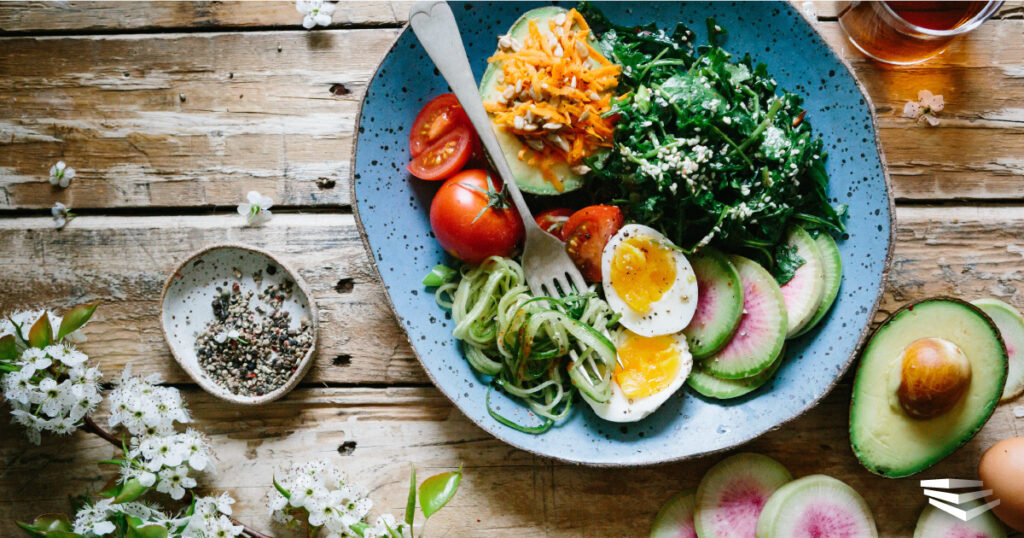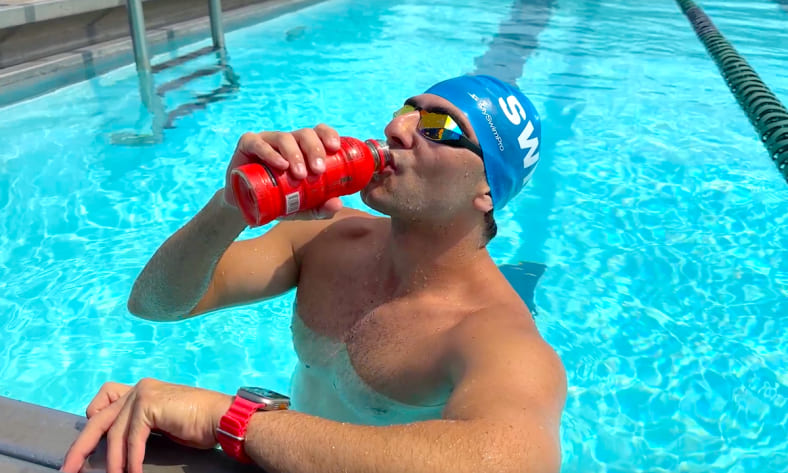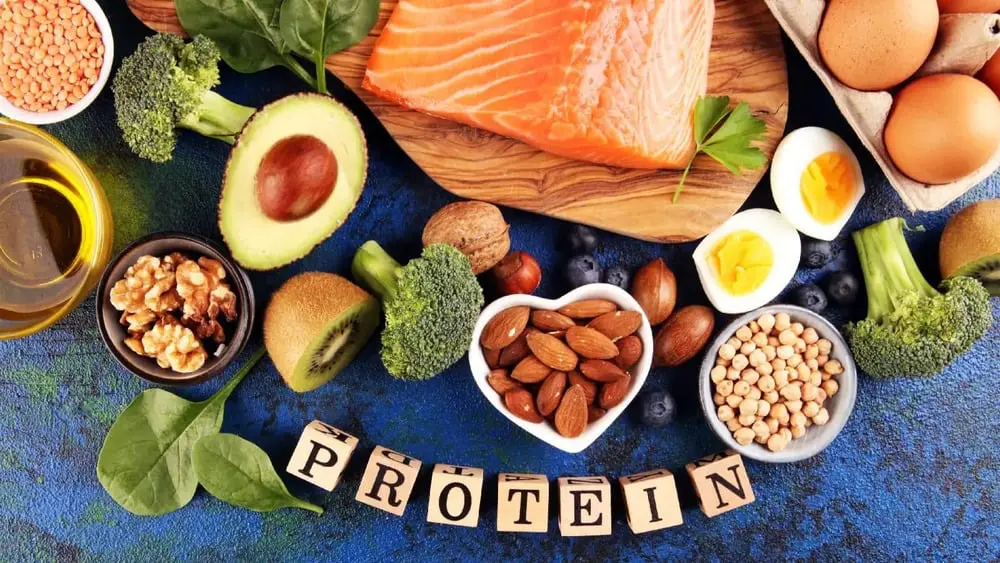Swimming is a demanding sport that requires meticulous attention to nutritional needs to optimize performance, recovery, and overall health. A comprehensive diet plan tailored for swimmers focuses on achieving optimal body composition through balanced intake of macronutrients, proper hydration, and strategic meal timing. This guide explores essential dietary strategies for swimmers aiming to gain weight and enhance their performance.
Key Takeaways
- Understanding nutritional basics and setting realistic goals are foundational for effective weight gain.
- A balanced diet rich in carbohydrates, proteins, and fats is essential for energy and muscle building.
- Meal timing around training sessions can significantly impact performance and recovery.
- Hydration plays a critical role in overall health and performance enhancement.
- Avoiding common dietary mistakes and adjusting intake during the off-season are crucial for maintaining progress.
Kickstarting Your Swimmers Diet Plan to Gain Weight
Understanding the Basics
To kick things off, it’s crucial to grasp the fundamentals of swim nutrition. A balanced diet is not just about eating; it’s about eating the right foods at the right times to fuel your body for the intense demands of swimming. Carbohydrates, proteins, and fats all play pivotal roles.
Setting Realistic Goals
Next up, setting achievable goals is key. Whether it’s improving your butterfly stroke or mastering the backstroke, having clear, measurable objectives helps in monitoring your diet’s impact on your performance.

Monitoring Progress
Keep a close eye on your progress. Using a swim time log can be a game-changer in understanding how your dietary changes affect your swim times and energy levels. Regular check-ins and adjustments will ensure you’re on the path to success.
Remember, every swimmer is unique, so tailor your diet to your specific needs and training demands to see the best results.
What to Eat: Building a Power-Packed Menu
Carbs are Your Friend
Carbs aren’t just comfort food; they’re a crucial fuel source for swimmers. Load up on starchy carbs like bread, rice, pasta, and potatoes before a big swim to ensure you have the energy to power through. Fruits and veggies also play a big part, but remember to avoid too much raw stuff right before you dive in.
Protein: The Building Blocks
Protein is essential for muscle repair and growth. Make sure your diet includes lean proteins such as chicken, turkey, eggs, and beans. For a quick protein fix, consider a smoothie with dairy or a white meat sandwich post-training. Protein-packed breakfasts are a great way to start your day.
Don’t Forget the Fats
Healthy fats are your ally in gaining weight and maintaining energy levels. Incorporate foods like nuts, seeds, and avocados into your meals. A sprinkle of olive oil on your salad or a handful of trail mix can make a significant difference in your calorie intake and energy levels.
Timing Your Meals for Optimal Performance
Pre-Training Nutrition
Getting your fuel right before training is crucial. The ideal pre-workout fueling includes a full meal 3-4 hours before practice and a snack about 45-60 minutes prior. This ensures you have the energy to power through your session without feeling sluggish or overly full.

Post-Workout Recovery
It’s all about the recovery! Consuming a carbohydrate-rich snack or drink within 30 minutes after exercise helps replenish glycogen stores and kickstarts the recovery process. This is especially important after intense sessions or competitions to ensure your body recovers adequately.
Meal Timing During Competitions
When it comes to competitions, timing your meals is as strategic as your swim strokes. Eating a balanced meal 2-3 hours before your race provides the necessary energy and allows for proper digestion. Additionally, it’s crucial to grab a post-race snack immediately to prepare for any subsequent races. This routine should be practiced well before race day to ensure everything goes smoothly.
Hydration: The Unsung Hero of Weight Gain
Why Water is Crucial
Water isn’t just for staying hydrated; it’s essential for effective nutrient transport and digestion. Proper hydration helps to ensure that all the nutrients you consume are efficiently used by your body, aiding in weight gain and muscle repair.
Electrolytes and Performance
Electrolytes like sodium and potassium play critical roles in maintaining fluid balance and muscle function. During intense training, you lose electrolytes through sweat, and replenishing them can prevent cramping and fatigue.

How Much is Enough?
Determining the right amount of fluids can be tricky. A simple guideline is to drink enough so that your urine is pale yellow. This indicates proper hydration. Remember, overhydration can be just as harmful as dehydration, so balance is key.
Supplements: Do You Need Them?
Pros and Cons
Supplements can be a tricky field to navigate. While they offer potential benefits like filling nutritional gaps and enhancing performance, they also come with risks. Misuse or overuse can lead to health issues, and not all supplements are tested for safety or efficacy. It’s crucial to weigh these factors carefully.
When Supplements Make Sense
Supplements aren’t for everyone, but they can be beneficial under certain conditions. If you’re struggling to meet your nutritional needs through diet alone or have a diagnosed deficiency, supplements might be a good addition. Always consult a professional before starting any supplement regimen.
Choosing the Right Supplements
Selecting the right supplement is vital. Look for products that have been third-party tested for purity and safety. Also, consider if the supplement is appropriate for your age, sport, and gender. Here’s a quick checklist to help you decide:
- Why am I taking this?
- Does this product do what it claims?
- Is there research backing its use for someone like me?
- Has it been tested for safety?
Remember, the goal is to supplement your diet, not replace it. Focus on getting most of your nutrients from food first.
Common Mistakes to Avoid in Your Diet Plan
Overlooking Micronutrients
Micronutrients, like vitamins and minerals, are crucial for optimal health and performance. Don’t just focus on macros like carbs and proteins; your body needs the small stuff too! Make sure to include a variety of fruits and vegetables in your diet to cover these bases.
Ignoring Meal Timing
Timing is everything, especially when it comes to eating for performance. Eating too close to a workout can lead to discomfort, while eating too far from it might leave you under-fueled. Aim to have a balanced meal 2-3 hours before your swim and a snack 30 minutes to an hour beforehand if needed.
Neglecting Hydration
It’s easy to forget about water when you’re focused on solid foods, but staying hydrated is key. Dehydration can seriously hamper your performance and recovery. Make it a habit to drink water throughout the day, not just during workouts. Here’s a quick guide on how much to drink:
| Situation | Suggested Water Intake |
|---|---|
| Normal daily routine | 2-3 liters |
| Pre-training | 500 ml (about 2 cups) |
| Post-training | 500-700 ml (2-3 cups) |
Remember, the goal is to maintain a balance in your diet and hydration to optimize your performance and health.
Adapting Your Diet During Off-Season
Reducing Calories Intelligently
During the off-season, it’s crucial to adjust your calorie intake to match your reduced energy expenditure. Avoid rapid weight fluctuations by making modest dietary modifications. This helps maintain an optimal body composition even when you’re not competing.
Maintaining Muscle Mass
To keep the muscle you’ve worked so hard to build, focus on maintaining a high protein intake. Swimmers often consume more protein than recommended, which can be beneficial in preserving muscle mass during less active periods.

Staying Motivated Without Competitions
It can be challenging to stay motivated when there are no upcoming competitions. Setting personal goals and varying your routine can help keep your diet and training interesting. Remember, the off-season is a great time to experiment with new foods and recipes that support your swimming goals.
As the off-season approaches, it’s crucial to adapt your diet to maintain your swimming performance and overall health. Visit our ‘Nutrition Strategies‘ section on our website to explore comprehensive guides and tips tailored for swimmers. Whether you’re looking to maintain muscle mass or boost your immune system during the off-season, we have the resources you need. Dive into our nutrition strategies today and keep your dietary goals on track!
Conclusion
In wrapping up, it’s clear that swimmers have specific dietary needs to fuel their rigorous training and competitions. A strategic diet plan that balances carbohydrates, proteins, and healthy fats, coupled with proper hydration and meal timing, is essential for peak performance and recovery. Remember, it’s not just about eating enough, but eating right. Consulting with a sports nutritionist can help tailor a diet that complements your training regime, ensuring you’re always ready to make a splash in the pool!
Read more: Nutritional Guidelines for Young Swimmers: Optimizing Performance
AUTHOR
Sang Nguyen
Sang Nguyen is a former national swimmer for Vietnam who has transitioned into coaching. With a passion for fostering a healthy swimming community and connecting like-minded individuals,......Read More
BLOG
Maybe You Are Interested
Good Swim Meet Snacks: What to Eat for Optimal Performance
Good nutrition is crucial for swimmers to maintain energy, recover quickly, and perform at their...
Read More...Optimizing Your Performance: The Best Diet for Swimming Training
Optimizing your performance in swimming is not just about rigorous training; it’s equally crucial to...
Read More...Achieve Peak Performance with This Diet Chart for Swimmers
Whether you’re a novice or an expert swimmer, understanding the right diet is crucial for...
Read More...Eating Like a Champion: Exploring the Diet of Michael Phelps
Michael Phelps, renowned for his Olympic triumphs, has a diet as extraordinary as his swimming...
Read More...Muscle Gain for Swimmers: Tailoring Your Diet for Strength
Swimming is a demanding sport that requires a tailored approach to nutrition to support muscle...
Read More...A Comprehensive Diet Plan To Gain Weight For Swimmers
Swimming is a demanding sport that requires meticulous attention to nutritional needs to optimize performance,...
Read More...